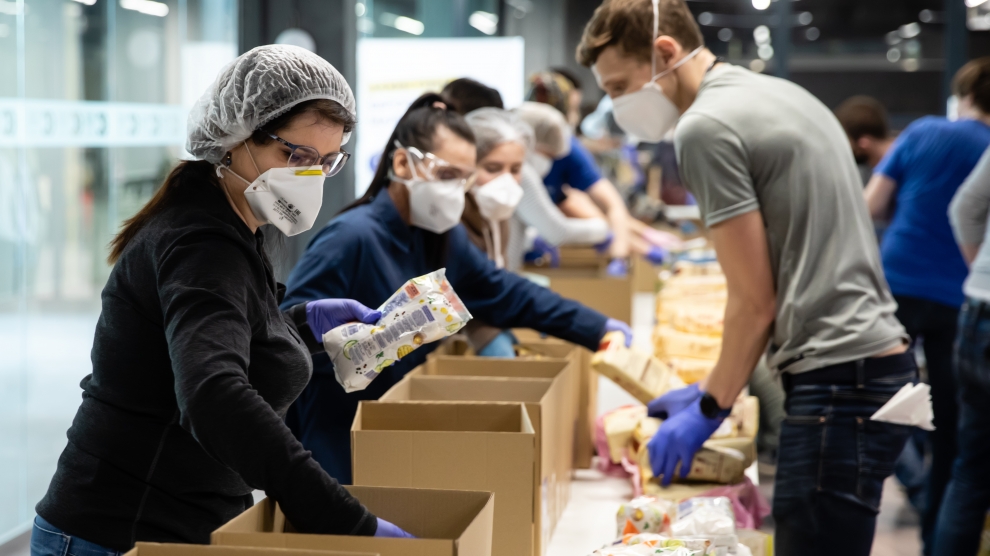Eleven European countries – of which eight are in emerging Europe – are seeing accelerated transmission of Covid-19, which has led to a “very significant resurgence,” of the pandemic, the World Health Organisation’s (WHO) Regional Director Hans Henri Kluge has warned.
Kluge said during a virtual press conference that his warnings about the risk of resurgence had become a reality, and that if governments do not take immediate action, health systems could be “pushed to the limit.”
“For weeks I have spoken about the risk of a resurgence as countries adjust measures,” he said.
“In several countries across Europe, this risk has now become a reality. Thirty countries have seen increases in new cumulative cases over the past two weeks,” he warned.
“In 11 of these countries, an accelerated transmission has led to a very significant resurgence that, if left unchecked, will push health systems to the brink once again,” he added.
The eleven he named are the emerging European countries of Albania, Armenia, Azerbaijan, Bosnia and Herzegovina, Kosovo, Moldova, North Macedonia and Ukraine, as well as Kazakhstan, Kyrgyzstan, and Sweden.
“We need to make smarter use of the data and information we collect when monitoring Covid-19,” Dr Kluge continued. “This is the only way to minimise the spread. Case detection, isolation, testing and care for each individual case. Tracking and quarantine for anyone who is was in touch.”
Dr Kluge added that 19 other countries in Europe were seeing an increase in cases as they eased lockdown restrictions, including Serbia, Romania and Bulgaria, which had until recently reported relatively low numbers of infections.
Kluge also said there had also been outbreaks in Poland, Germany, Spain and Israel in schools, coal mines and food production settings, but authorities there had responded quickly. “Where new clusters of cases appeared, these have been controlled through rapid and targeted interventions,” said Kluge.
He added that the WHO believes coronavirus infection rates will be less high over the summer, but warned that countries should prepare for the virus to bounce back in autumn.
Dr Kluge went on: “We have indeed to prepare for the [autumn], when Covid-19 may meet seasonal influenza, pneumonia, other diseases as well, because ultimately the virus is still actively circulating in our communities and there is no effective treatment, no effective vaccine, yet.”
—
Unlike many news and information platforms, Emerging Europe is free to read, and always will be. There is no paywall here. We are independent, not affiliated with nor representing any political party or business organisation. We want the very best for emerging Europe, nothing more, nothing less. Your support will help us continue to spread the word about this amazing region.
You can contribute here. Thank you.








Add Comment